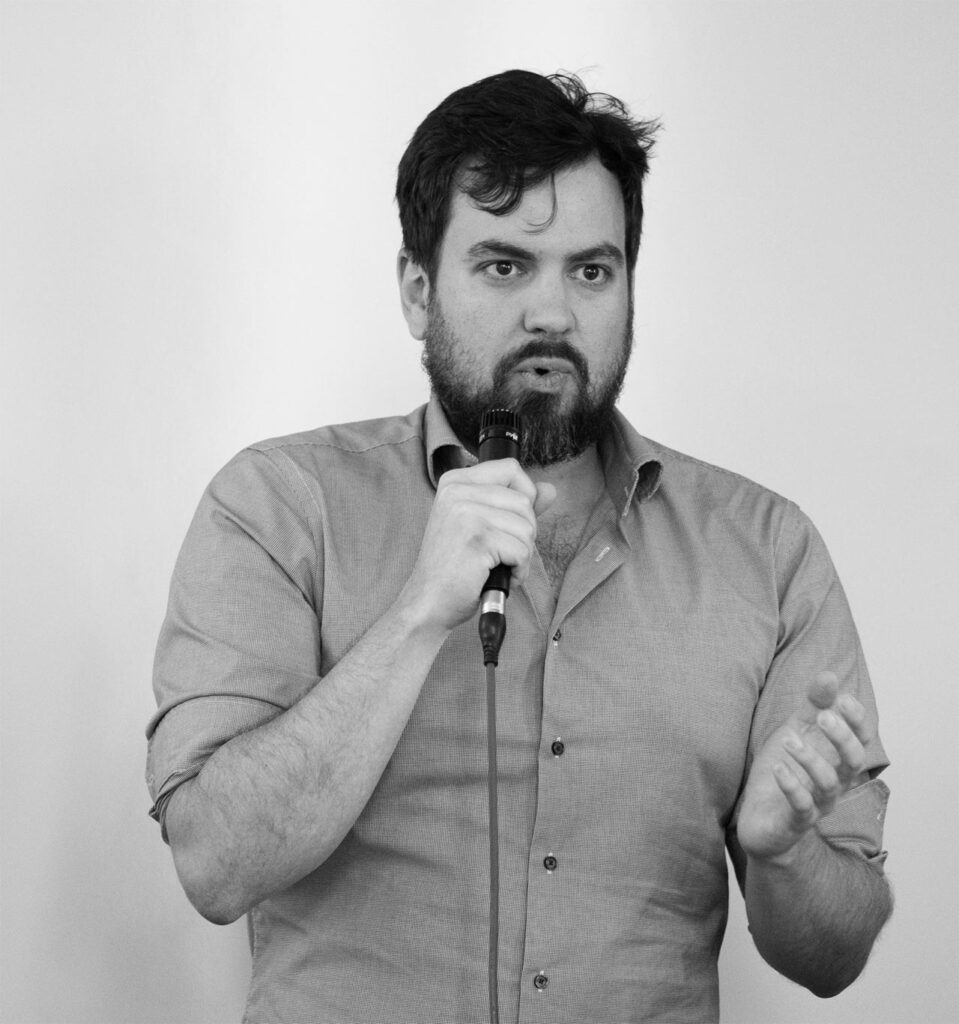Than Niles: Storytelling in the 21st Century

Looking forward, how do you think AI is going to shift the storytelling environment?
Currently, AI is another vehicle for distrusting and skeptical interactions on the internet. I think our species is in a constant state of transition and we are desperate for genuine human communication and connection.
Eventually, AI is going to change the way we think about art and commerce, probably for the better, but that transition is painful. It is difficult to read or see art generated by AI and not feel slightly lied to.
I think it has to do with being deliberate.
Until now, building stories, in whatever medium you chose, required a lot of thought and intention because of the effort required to craft it. There were gatekeepers policing its legitimacy.
As technology makes these processes more accessible, and gives the option to speed through half baked ideas in a professional way, it puts a lot of really pretty fluff out there (fluff that receives no second opinions before it is published). The audience knows this, so instead of the wonder and openness to explore a story told by someone else, the audience enters a creative space with a subconscious level of skepticism and fear of untruths.
You have to look at things objectively, though. All of that sounds like a bummer, but it isn’t exactly new, its just bigger than ever before.
Perhaps it is time to evolve our ideas around story and truth. More voices having more tools is not a bad thing. It is the path to a more inclusive world, that frees us from the vanity of creative pursuits, and takes it back to basics. Everyone has a story to tell and, eventually, AI will help everyone say their piece more effectively.
I think the deliberate part of the equation will be, who you’re telling your story to, what truth or question are you trying to communicate, and to what end? It will be just like it has always been, just with way less pomp and circumstance and way more of it.
What draws you to conferences like “Our Academic Selves” at Texas A&M University?
I was fortunate to have great friends in college that went on to pursue and continue their careers in academia, so these kinds of events are an opportunity to catch up with old friends and see what the next generation is working on. I am very grateful to have been invited to speak.
In your talk, you mention the great impact your time at university had on you. Do you see the 4 year institution as a must have experience?
That is a complicated question, I think. I feel like I am a much more well-rounded person after my time at school. I would not trade it for another experience. In fact, I would like to go back.
The complicated part is that I left school in 2012 with naiveté about where the world economy and the American workforce was headed. A degree is still beneficial, but student debt is a huge factor.
It absolutely depends on your values and goals. If you wish to be in a creative field, or arts focused field, it is not a clear roadmap. If you want to be a marine biologist or in finance, get those scholarships while you can.
Are you hopeful for the future?
I have good days and bad days. I like to be in control, and yet with the way things are moving, it seems like we all have less and less control over our identities. I find that pretty ironic in a time where individual expression is at an all time high.
I cannot help being excited that I am alive during this crazy time in human evolution. The exponential progress we are about to see in every aspect of life, on and off this planet, is going to be overwhelming. Star Trek is almost here! (hopefully)
The way our next generations think about the world and will think about the world are going to be so much more 3 and 4 dimensional than has ever been the case.
There is always pain to change, but there is so much cool shit in there too.